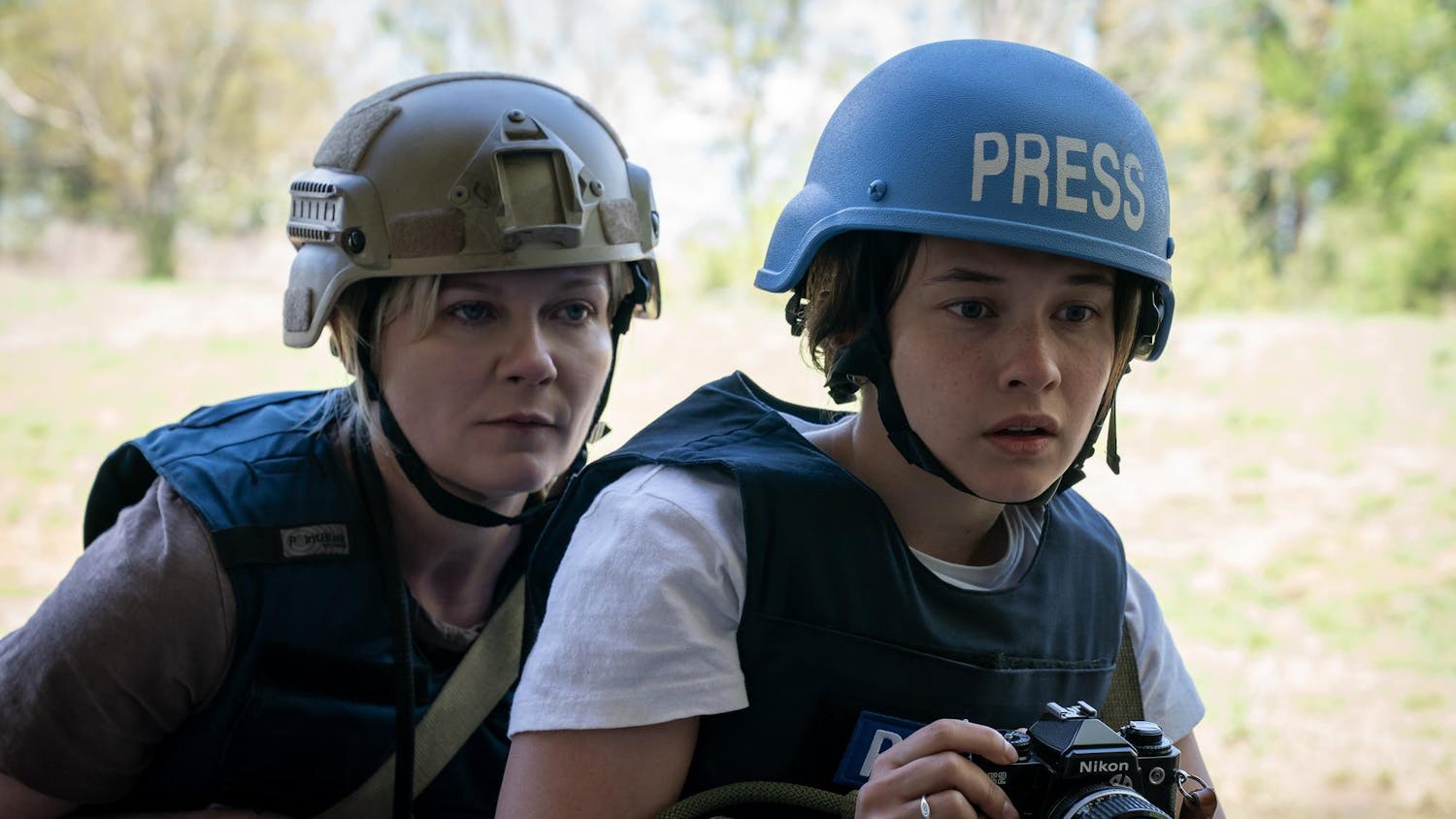In preparation for her first doctoral recital, graduate student Sara Ann Radke said she has to master the nuances of a foreign language, which includes elements of meaning, diction and acting.
The last third of Radke’s recital is sung entirely in Russian. She will perform at 8:30 p.m. today in Ford Hall.
Radke said it is the first time a graduate student has performed a recital with a Russian set in about 20 years. She said although it’s a requirement for all doctoral voice candidates to take one year of German, French and Italian, she chose to perform seven songs in Russian, presenting their own challenges for her first recital.
She said the way she performs the entire recital can make or break her career as a soloist. And this recital is just one of three.
“Doctoral committees attend each of my recitals and decide, based on my performance, if I have to do another one,” Radke said. “The key to each performance is preparation. You wouldn’t perform if you weren’t ready.”
Radke said she is especially nervous about the Russian set, “Seven Romances on Poems,” composed by Dmitri Shostakovich from poetry by Alexander Blok.
In preparation for the “very challenging” music, Radke said she is getting help from a Russian diction coach.
“He has been very helpful in terms of sitting with me and speaking over the language,” she said. “When you sing you have to modify vowels in order to get the best
resonance for your voice, so he’s been helping me do that.”
Radke said she has also learned the importance of word stressing in a language. She said even stressing the wrong syllable of a word can completely change its meaning.
Marcello Cormio, Italian diction coach for the IU Opera production “Giulio Cesare,” said communicating a foreign language to an audience also involves a special level of mastery.
“The ultimate goal of singing in a foreign language is to create art,” Cormio said. “But you have to sound as though the language you’re singing is also your native tongue.”
Graduate student Daniel Bubeck, who played the lead in “Giulio Cesare,” said that while there is a lot of technicality in terms of accurate diction and pronunciation, the process of singing in a foreign language is more poetic.
“When we sing, we also have to be actors,” he said. “There are certain levels of emotion that go into every piece, every word that you sing.”
Bubeck said there were people who came to “Giulio Cesare” just to see the onstage actions of the performers and listen to the poetic nuances of every piece. On the other hand, he said that despite the beauty of the work, an audience must be able to understand what the poet is meaning to say.
Cormio said the process of performing in any language is a lot like stage makeup.
“From far away it is so beautiful,” he said. “But then you see them backstage and realize how much detail goes into the makeup. Singing is a lot like that – a lot of detail for the goal of creating art.”
Radke said that while singing in Russian has been a great learning experience, it can be physically and emotionally taxing.
“The set was written for a famous Russian opera singer, Galina Vishnevskaya, and her husband, who was a cellist,” she said. “So it is very hard. There are moments where just on one word, or a syllable of a word, I am required to give it all I’ve got.”
Student takes on Russian songs
Singing foreign language pieces proves challenging
Get stories like this in your inbox
Subscribe





